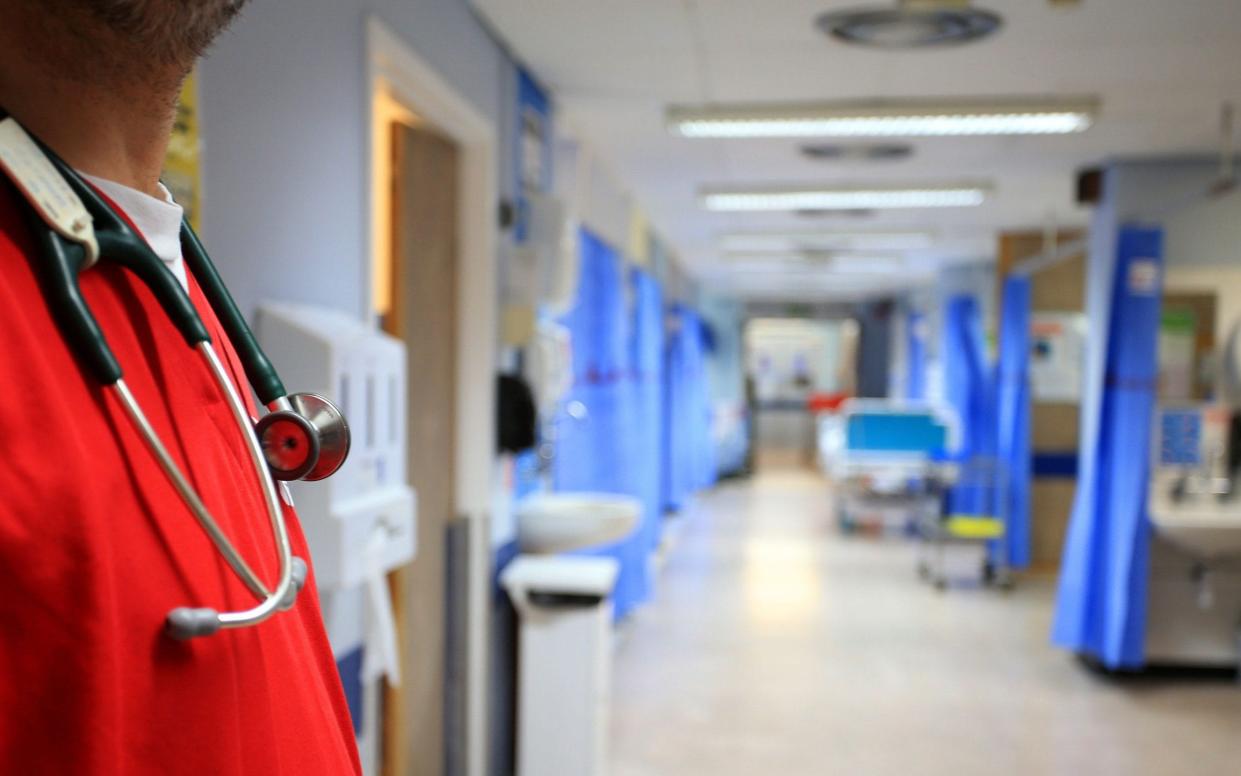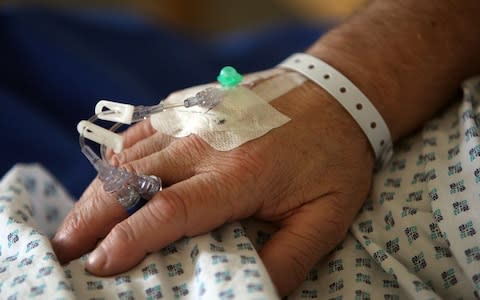Two women are dying needlessly every day because of a 'heart attack gender gap' where they do not receive equal treatment to men, report warns

Two women are dying needlessly every day because of a “heart attack gender gap” where they do not receive equal treatment to men, a damning report warns.
Cardiologists said female patients were suffering a “shocking injustice” because medics too often thought of heart disease as a male problem.
The report by the British Heart foundation says an estimated 8,000 women in England and Wales have died from heart attacks in the last 10 years - simply because they did not receive the same standards of care as men.
Experts said poor awareness of heart disease in women, and lack of diagnosis and treatment were contributing to the death toll, despite major advances in medicine.
Twice as many women die from coronary heart disease – the underlying cause of most heart attacks – than breast cancer in the UK, the report warns.
The review highlights studies which show women are 50 per cent more likely than men to receive a wrong initial diagnosis when they are having a heart attack, increasing their risk of death.
Dr Sonya Babu-Narayan, consultant cardiologist and BHF associate medical director, said the findings suggested an “unconscious bias” across medicine and society.

“I’m shocked by this injustice, not least as a cardiologist. As this briefing highlights, we know now that women are often not empowered with correct information on symptoms associated with a heart attack, delay seeking medical help, receive medical care slower than their male counterparts, and are offered fewer treatment options than men,” she said.
Despite progress in medicine, with improvements in prevention and treatment of heart disease, women fare worse, she said.
“If you’re a woman the odds are stacked differently. The studies detailed in this briefing have revealed inequalities at every stage of a woman’s medical journey and while complex to dissect, they add up to a societal failure to provide fair care for women.”
She said: “Heart attacks have never been more treatable. Yet women are dying needlessly because heart attacks are often seen as a man’s disease, and women don’t receive the same standard of treatment as men.”
The report warns that many common risk factors for heart disease have a greater impact on women.
High blood pressure increases women’s risk 80 per cent more than it does men, and type 2 diabetes increases women’s risk 50 per cent more.
The report also warns that women experiencing heart problems are less likely to be aware of the potential risk of heart attacks, and to seek prompt help.
The review found that on average, those women suffering the onset of symptoms take longer to get to a hospital than men.
About 35,000 women are admitted to hospital following a heart attack in the UK each year – an average of 98 women a day, BHF said.
Even after being admitted in such circumstances, women suffering heart attacks are less likely to be given the drugs that can help them.
Research found that showed that female heart attack victims were 7.4 per cent less likely to be prescribed beta blockers when leaving hospital, and 2.7 per cent less likely to be prescribed statins.
The report cites research by the University of Leeds which estimates that more than 8,200 heart attack deaths in women in England and Wales over the past decade could have been prevented if they had received the same standard of care as men – the equivalent of two a day.
Its lead author Chris Gale, professor of cardiovascular medicine, said: “This problem is not unique to the UK – studies across the globe have also revealed gender gaps in treatment, suggesting this is a deeply entrenched and complex issue.
“On their own, the differences in care are very small, but when we look at this across the population of the UK, it adds up to a significant loss of life. We can do better," he said.

